Life could be described as a series of choices. Today, it is 50 years since ‘the Medical Termination of Pregnancy Bill (subsequently the Abortion Act 1967) passed its Second Reading in the House of Commons with a massive vote of 223 votes for and 29 against.’ The world is still living with the choices and consequences of the legality of abortion and other acts passed many years ago, especially with over a calculated 8, 624, 567 innocent lives lost under the 1967 Abortion Act. The choices we make has power over us hence, the world and the church are under the control of our choices including the earthly and eternal consequences. When we sow to the flesh, we will reap corruption, and if we show to the Spirit, we will reap everlasting life. The reflection today is a call to make our choices based on God’s principles: godliness over greed, fellowship and holiness with God over the world’s approval or political correctness, faith in God’s promises over immediate world’s pleasure, and relationship over rights.
In Matthew 22, some Pharisees confronted Jesus on Monday or Tuesday of Holy Week. They lay out a trap by asking Jesus whether it is right to pay the imperial tax to Caesar. The understanding is that If Jesus says no, ‘he risks joining the long line of dead instigators against Roman rule. If Jesus says yes, he risks joining the long line of impotent prophets with little to offer a proud people languishing under the occupation.’ The Pharisees were interested in deflating Jesus’ power ‘once they spin his “no” to the Romans or his “yes” to the Jews.’ In response, ‘Jesus, knowing their evil intent, said, ‘You hypocrites, why are you trying to trap me? Show me the coin used for paying the tax.’ “They brought him a denarius, and he asked them, ‘Whose image is this? And whose inscription?’ In One world of two choices, hypocrites are full of malice, the intention and desire to do evil.
We are in One world with two main choices shaped by a conflict of priority and pleasure– Caesar or God. The gospel summons us to ponder what it means to live as a Christian and as a citizen of a nation-state. Jesus’ response points to God’s concern about every area of life, including, salvation, and taxation. The reflection is that “It is God who claims us, who made us in his own image. We do not belong to anything or to anyone else” hence we must choose in line with Godly principles. Matthew 22 summons us to prayerfully invite Jesus into the process of our reproduction, leadership, celebrations, and ‘filling out your taxes … then continue to think of Jesus as the North Star of your entire financial life and actively seek his will and then obey it, in all of your financial decisions.’ Caesar minted coins. God minted and redeemed humanity through Jesus Christ. Caesar’s coins had an inscription that indicated that he was to be understood as the ‘son of divinity,’ and was to be worshipped as the “highest priest” in the land. Jesus said, “Tax should be given to Caesar, but worship should be given only to God.” Everything one does should be done while acknowledging that all things come from God. Paul said it this way, 1 Cor 10:31 (ESV) 31 “So, whether you eat or drink, or whatever you do, do all to the glory of God.”
The question that comes to mind is what was the offence of Jesus that enraged the chief priests and Pharisees? The three parables of Jesus exposed the two-facedness and double tongue of the chief priests and Pharisees. They were after their own comfort and not doing the Father’s will and this led to the relational conflicts and clashes of personality. One world, two choices suggests conflict of priority, hence conflict beyond its negative connotation has potential to produce energy for growth in positive direction. There is no leadership or cultural model that totally eliminates disagreement or clashes of personality or pleasure. It is our God-centred choice in conflict of priority or pleasure as a part of life that is healthy, beneficial to growth and development. Our choices determines our cores. Adam and Eve made a choice, we are all beneficiaries of their choice. God made a choice, a choice open to all (Jn 3:16).
There is danger in conflict avoidance especially when we want to be politically correct. A good leader must develop skill of confronting others when necessary, standing for God in the face of Caesar. David provides a negative example of choices and dangers in Conflict avoidance (2 Sam 14:1-15:37). David made a choice, he failed to confront and discipline Amnon and deceitfully arranged for Amnon‘s murder (2 Sam 13). David was shirking his responsibility to settle his conflict with Absalom. David’s choice of conflict avoidance strategy not only failed to work but eventually caused the conflict to escalate. We can avert danger by applying prompt reconciliation, ‘speaking the truth in love’ a key to conflict management (Eph 4:15). Effective conflict managers knows how to balance truth (confrontation) and love (reconciliation). Effective leaders learn to be peacemakers by dealing directly with disagreement and seeking amicable resolutions. David’s choice shows us that putting off confrontation only strains relations and compounds the problem. Avoidance allows bitterness to simmer and alienation to solidify.
The amount of broken relationships and persistent discrimination and hostility in the world and between church members today is a sad indicator of our spiritual health, decline and global moral degeneration. Jesus’ choice and art of conflict management shows us that speaking the truth brings growth in contrast to Caesar’s worldly choices of immediate pleasure, false flattery, and quick gratification.

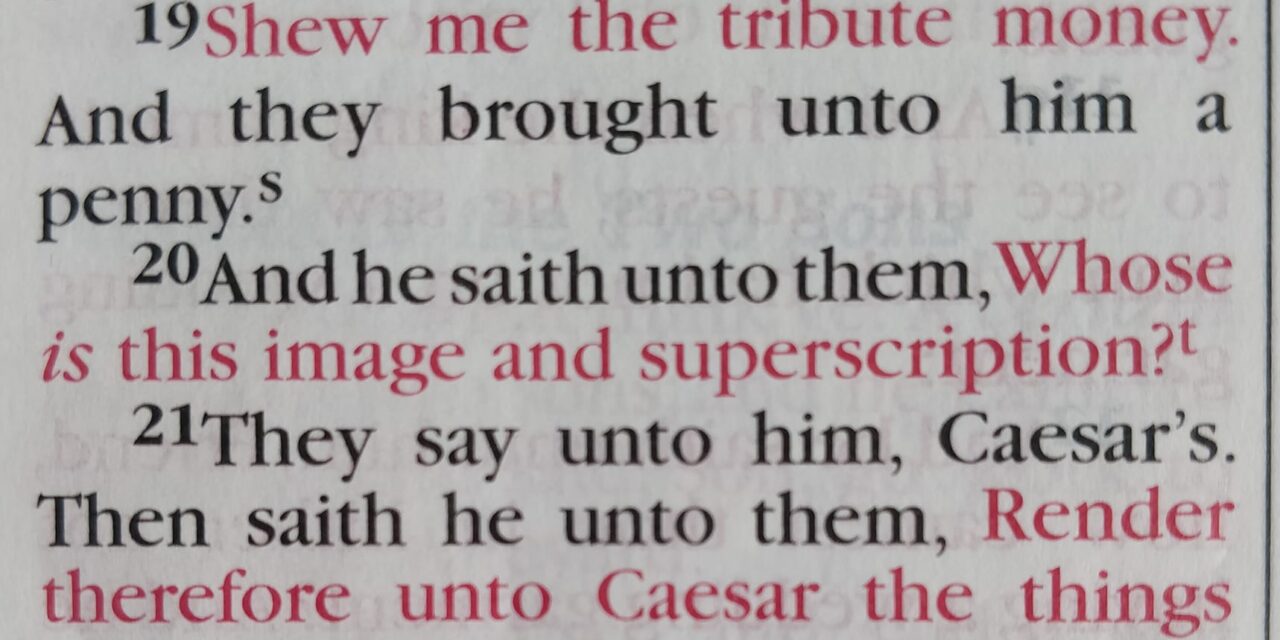
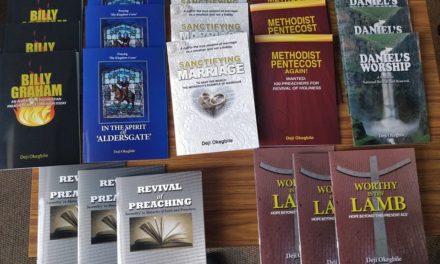
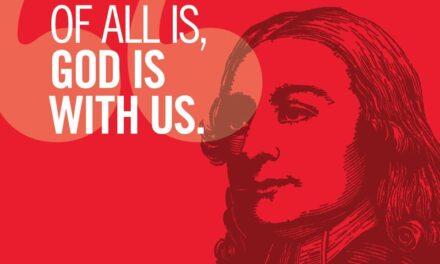
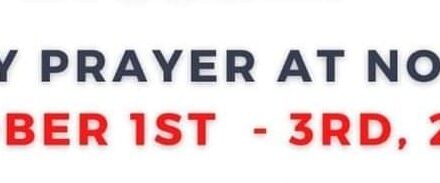
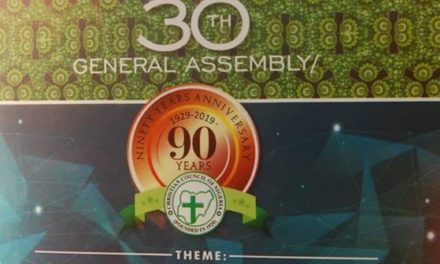





Recent Comments